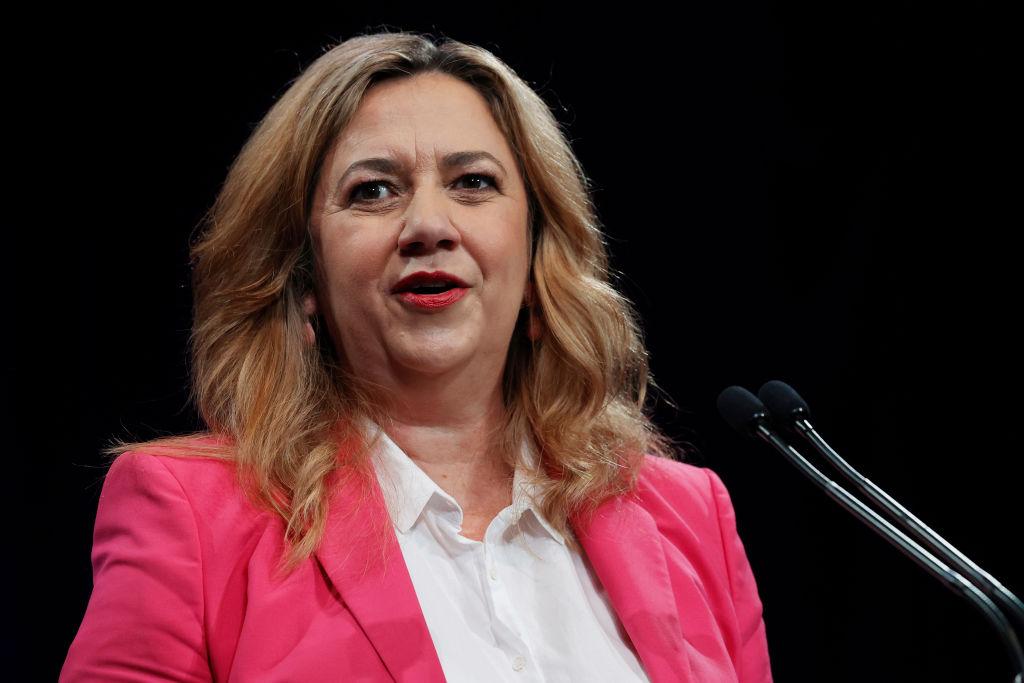An Australian Indigenous academic has argued that the Queensland government’s decision to legislate an Indigenous treaty won’t benefit the livelihoods of most ordinary Indigenous Australians.
The comment comes after Queensland Premier Annastacia Palaszczuk said she would introduce a treaty proposal with Queensland Aboriginal and Torres Strait Islander peoples to parliament next week.




